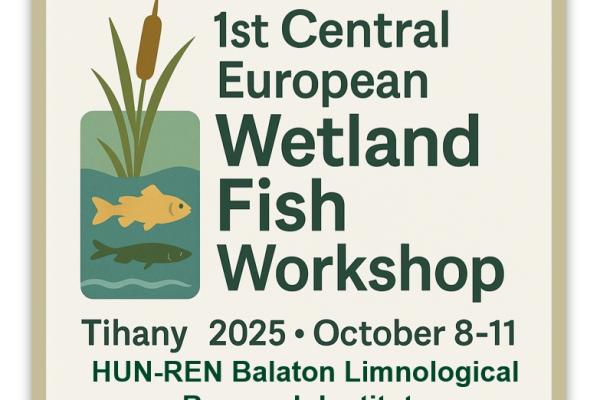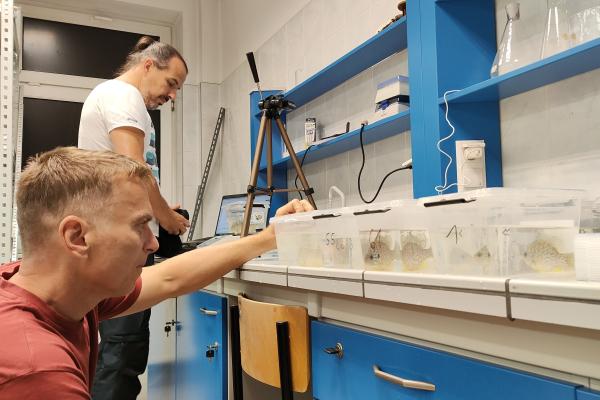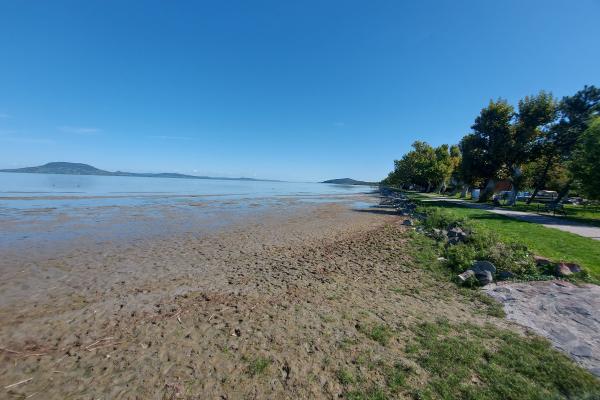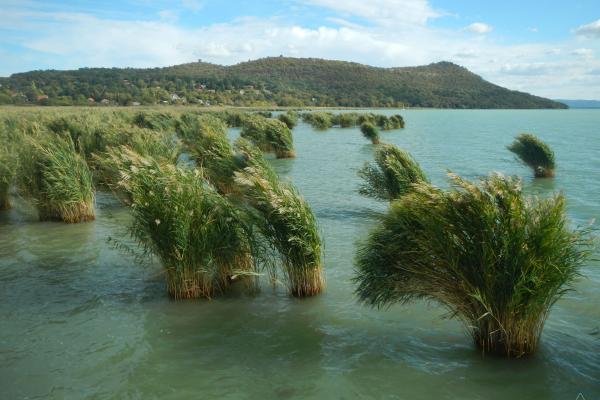News

At the Molecular Biology Laboratory of the HUN-REN Balaton Limnological Research Institute, we use the modern toolkit of science to address ecological questions.

Researchers from Austria, the Czech Republic, Slovakia, Romania, Croatia, and Hungary gathered at the HUN-REN Balaton Limnological Research Institute between October 8–11, 2025, to work together for the future of endangered fish species associated with wetlands — such as the European mudminnow, weatherfish, and crucian carp.

Researchers from the HUN-REN Balaton Limnological Research Institute (BLRI) and Nicolaus Copernicus University in Poland are collaborating to study the effects of light pollution, resulting from increasing urbanization, on fish behavior.

In recent weeks, attention has once again turned to Lake Balaton, and especially to its water level. It is therefore important to emphasize: the fluctuation of the lake’s water level is a natural process, and a level below 70 cm does not pose a threat to the lake’s ecosystem or water quality.

The reed beds of Lake Balaton represent an irreplaceable value, and their ecological and limnological role is independent of how they are perceived by human society. There is no such thing as a “bad” reed bed.

In mid-August 2025, our institute, the HUN-REN Balaton Limnological Research Institute, carried out a comprehensive survey and analysis of the non- biting midge situation in Lake Balaton.



